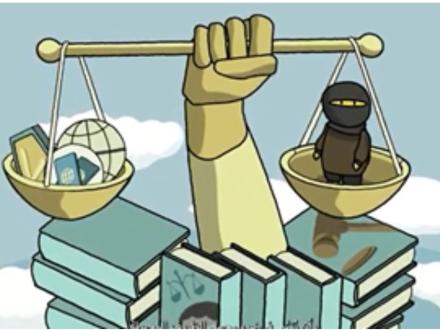Terrorism in Western nations has changed significantly over the past years, putting security services to the test and prompting necessary adaptations in counter-terrorism strategies. In this context, states may be tempted to resort to more flexible and swiftly implemented tools such as administrative measures. However, this Policy Brief argues that the known risks associated with administrative measures may be magnified today by a combination of factors and pose new challenges. First, the broadening of the perceived terrorist threat, as it coincides with escalating social and political tensions in many democracies, contributes to obscuring the boundaries between activism, disorder, extremism (violent or not), and terrorism, increasing the risk of misuse as part of attempts to protect the public order. Second, the increasingly tense political climate displaying growing polarisation and escalating populist rhetoric raises additional risks of intentional abuse. Finally, it appears that the overreliance on administrative measures, even when prima facie compliant with the law, may also contribute to an erosion of some human rights and rule of law principles. In addition to causing harm to specific individuals or groups, the accumulation of these circumstances may also affect entire societies and undermine democracy altogether. This Policy Brief argues that the current backdrop calls for renewed caution in the use of administrative measures and a dramatic strengthening of existing safeguards and protections against arbitrary or unlawful uses.
This publication represents the views of the author(s) solely. ICCT is an independent foundation, and takes no institutional positions on matters of policy unless clearly stated otherwise.
Photocredit: create jobs 51/Shutterstock







